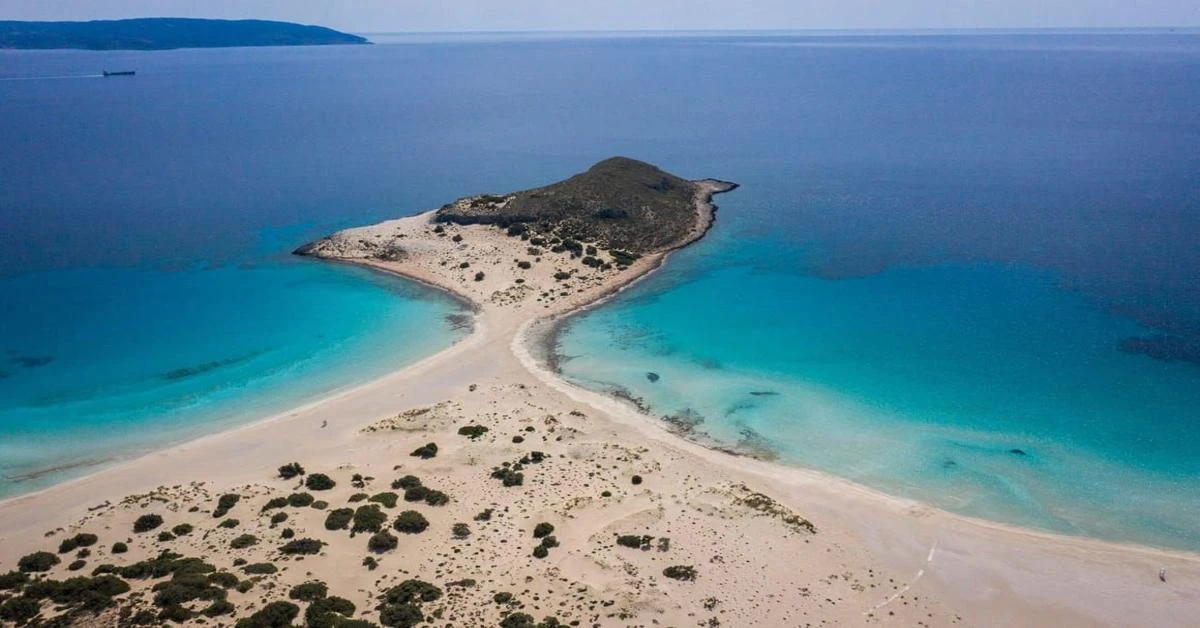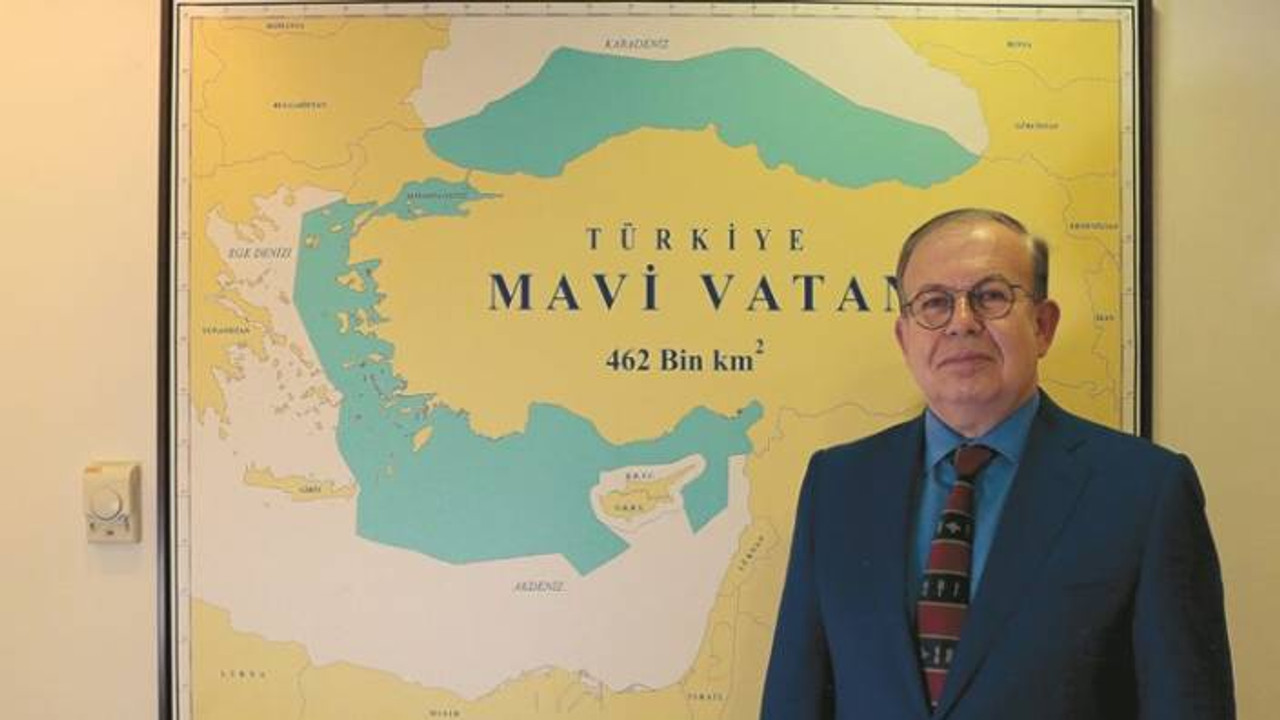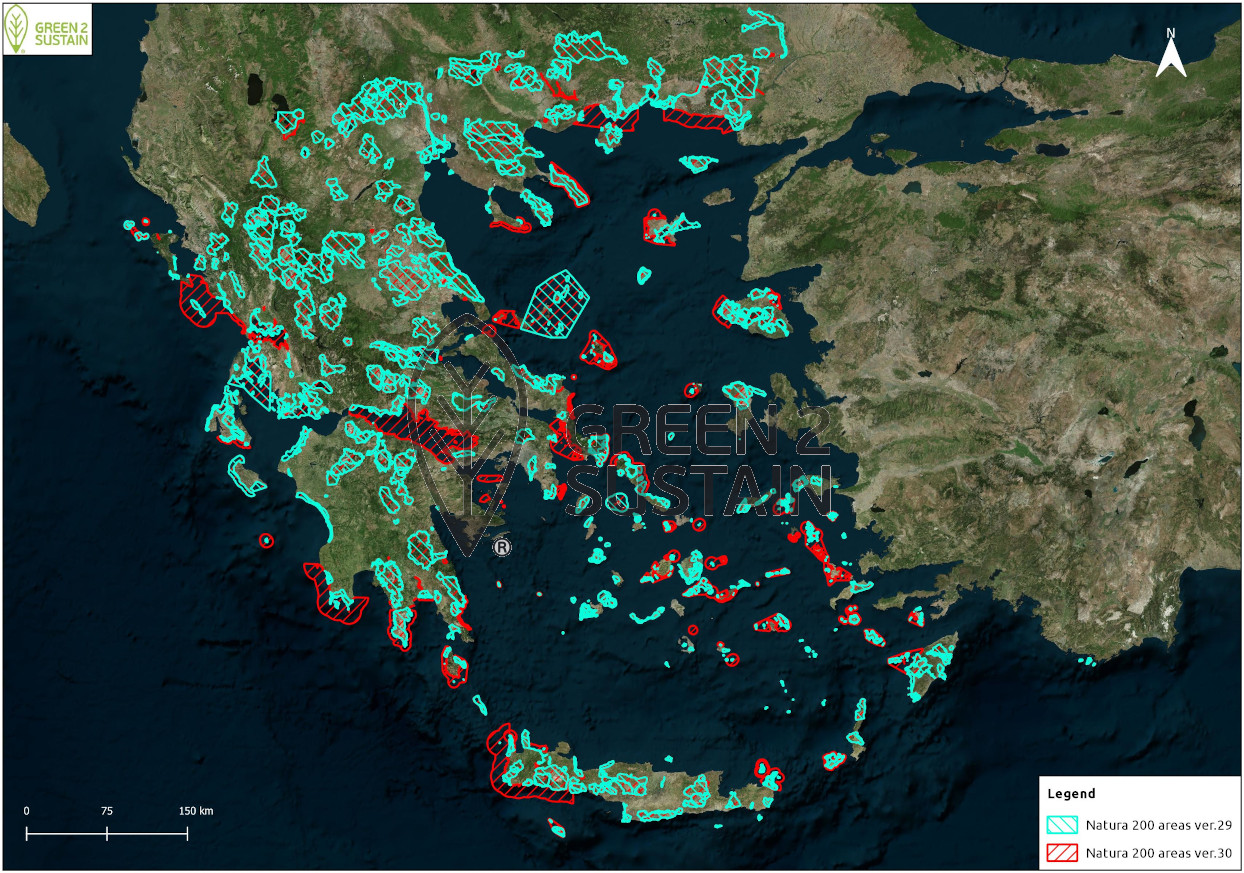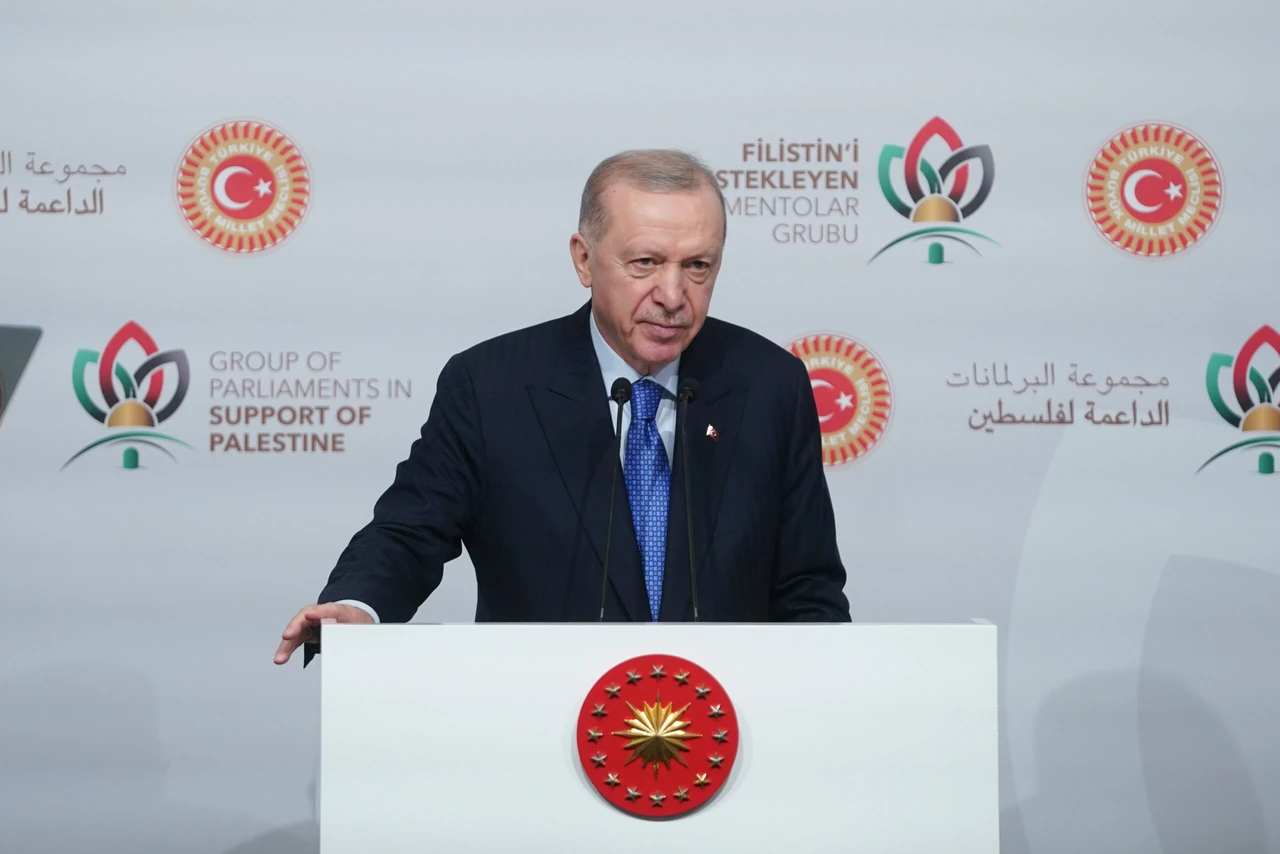Türkiye warns against Greece’s maritime expansion efforts

Turkish expert says Greece aims to turn the Aegean Sea into an internal Greek lake via ‘Natura 2000’ project, which aims to establish natural conservation areas for animals by marking them as its territory
As Türkiye prepares to host Greek Prime Minister Kyriakos Mitsotakis, a warning has been issued by the Ministry of Foreign Affairs following Athens’ announcement of declaring two new “Marine Parks” (protected areas) in the Aegean and Ionian Seas.
The Ministry’s statement highlighted Greece’s longstanding efforts to capitalize on issues related to the Aegean, despite recent signs of thawing relations.
“Despite the recent softening seen in our relations, it is observed that Greece is once again exploiting environmental matters,” the statement noted.
Ankara advised Greece against using Aegean issues and the status of certain islands, islets, and rocks not transferred to Greece by international agreements within its agenda.
Additionally, it warned third parties, including the European Union (EU), against becoming tools in Athens’ political maneuvers.
Caution urged
Retired Rear Admiral Cihat Yayci, commenting on Greece’s “Marine Park” initiative, described Greece as an unreliable neighbor. Yayci noted that attempts to portray Türkiye as an aggressive state to the world when it does not accept Greece’s demands are ongoing.

He emphasized the impossibility of maintaining a goodwill approach with the Athens government, saying: “Anyone who shakes hands with Greece should watch their back.”
Yayci further stated that Greece treats its islands’ seas as its internal waters, viewing itself as an island state akin to Japan or the Philippines, claiming that its borders begin from the outermost islands.
Greece aims to turn the Aegean Sea into an internal Greek lake, he asserted, hence its recent attempt to declare the Aegean Sea as a “Marine Park.” Such a move, Yayci underlined, is clearly against international law.
Greece, with the assistance of the EU, seeks to lay claim to islands and islets using the EU’s natural life protection project: “Natura 2000,” according to Yayci. Greece attempts to establish bird nests and feeding points, marking these areas as its territory, for islands not transferred to it. Türkiye must pay close attention to the “Natura 2000” project, he warned.

Greece used the Cyprus island to strengthen its claims of sovereignty at sea, Yayci continued. Under the framework of the EU-funded “Natura 2000” project, the Karpaz Peninsula of the Turkish Republic of Northern Cyprus (TRNC) was declared a protected area and closed to settlement. Yayci also drew parallels to Israel’s gradual occupation of Gaza’s maritime areas by closing them off to settlement.
Centralized management needed
Greece attempted to close the Saros area, the sole exercise zone of the Turkish Naval Forces Command (DKK) in the Aegean, under the guise of protecting marine mammals.
Yayci stressed the need for a common strategy in maritime politics, emphasizing that in Türkiye, maritime issues are managed by 18 different institutions. Decisions made by the Ministry of Agriculture affect the interests of the DKK, while those made by the Ministry of Environment impact decisions made by the Ministry of Foreign Affairs.
There is a need for the centralized management of seas, he concluded.
Yayci further highlighted Greece’s attempts to push its claims in NATO exercises.
Greece aims to convince NATO to recognize its claims by presenting the maritime area as six nautical miles and the airspace as 10 nautical miles during joint air exercises.
Yayci expressed hope that Türkiye would not accept this. He urged caution against Greece’s initiatives under the guise of “environmental” actions, warning of attempts to turn the Aegean Sea into an internal lake through projects disguised as environmental protection.
Source: Newsroom



